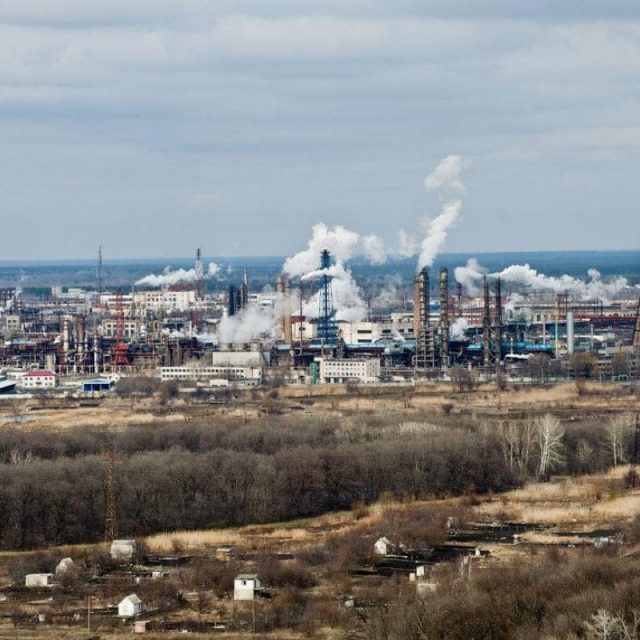Photo by Pavel Neznanov on Unsplash
The situation at the border between Ukraine, Russia, and Belarus remains extremely tense, causing serious concern for the international community. The Russian Federation is not only increasing its military presence along Ukrainian borders but also conducting aggressive actions that threaten Ukraine’s security, as well as the security of countries such as Poland, Lithuania, Latvia, Estonia, and other Eastern European states.
Simultaneously, the Russian Federation is actively involving Belarus in the conflict. Under the guise of exercises in the Gomel region, near Ukraine’s northern border, significant forces of the Belarusian armed forces have been concentrated, along with Russian mercenaries from the former private military company Wagner. These actions are accompanied by the deployment of a substantial amount of Russian military equipment in Belarus, including tanks, artillery, and air defence systems. Wagner has previously incited unrest and destabilisation in other countries, such as Libya, Syria, the Central African Republic, and Sudan, where their presence has been documented in recent years.
Particularly alarming is the concentration of troops near the Chornobyl nuclear power plant, which poses a nuclear safety threat both to the region and to the world. In light of this tense situation, on August 25, the Ukrainian Ministry of Foreign Affairs issued a statement condemning the unfriendly actions of the Republic of Belarus.
On February 24, 2022, the first day of the invasion of Ukraine, Russian troops seized the Chornobyl exclusion zone, including the Chornobyl nuclear power plant. As a result of this seizure, around 300 people, including plant workers and security personnel, were blocked at the site. Subsequently, Russian troops set up several checkpoints at the plant, and the personnel remained under strict surveillance until the end of March 2022, when most of the Russian troops left the area.
Russia has also occupied the Zaporizhzhia nuclear power plant, the largest in Europe, and is using it as a military base. Russian military personnel are holding the plant staff hostage, which creates a nuclear safety threat not only for Ukraine but for the entire world. The presence of military forces at these strategically important nuclear facilities is a direct violation of international norms and sets a precedent for nuclear terror. These actions by the Russian Federation violate the rules and norms established by international organizations such as the United Nations (UN), the Organization for Security and Co-operation in Europe (OSCE), and the International Atomic Energy Agency (IAEA).
Especially concerning is the information suggesting that Russia may be storing nuclear weapons on Belarusian territory. These actions further destabilize the situation and pose a threat to international security. Belarus risks being drawn into the conflict, which could have catastrophic consequences for its population and the entire region. The increased Russian military presence in Belarus could be seen as an attempt to involve the country in the war, which would only escalate tensions.
All these actions by the Russian Federation, from occupying nuclear facilities to the involvement of Belarus in the war, can be viewed as acts of nuclear terrorism and threats to global security. The international community needs to respond decisively to these challenges, and apply pressure on Russia to halt its aggressive actions and adhere to international law. It is crucial to prevent Belarus from becoming involved in the war, as this would lead to an even greater escalation of the conflict and deepening of the international crisis.
Ukraine, for its part, continues to defend its territorial integrity and calls on the global community for active measures to stop Russian aggression and ensure peace and stability in the region. The escalation of tensions on the Ukraine-Russia-Belarus border poses a serious threat to the security of not only the region but the entire world. In the current situation, the international community should continue supporting Ukraine and call for adherence to international law and respect for territorial integrity.
Russian aggression violates the fundamental principles of international law, including the prohibition on the use of force against the territorial integrity or political independence of any state, as enshrined in the UN Charter. Russia’s actions also contradict the OSCE’s principles aimed at maintaining security and stability in Europe and violate obligations under IAEA agreements on nuclear non-proliferation and safety. The international community should unite to stop Russian aggression and prevent further deterioration of the situation in the region.




